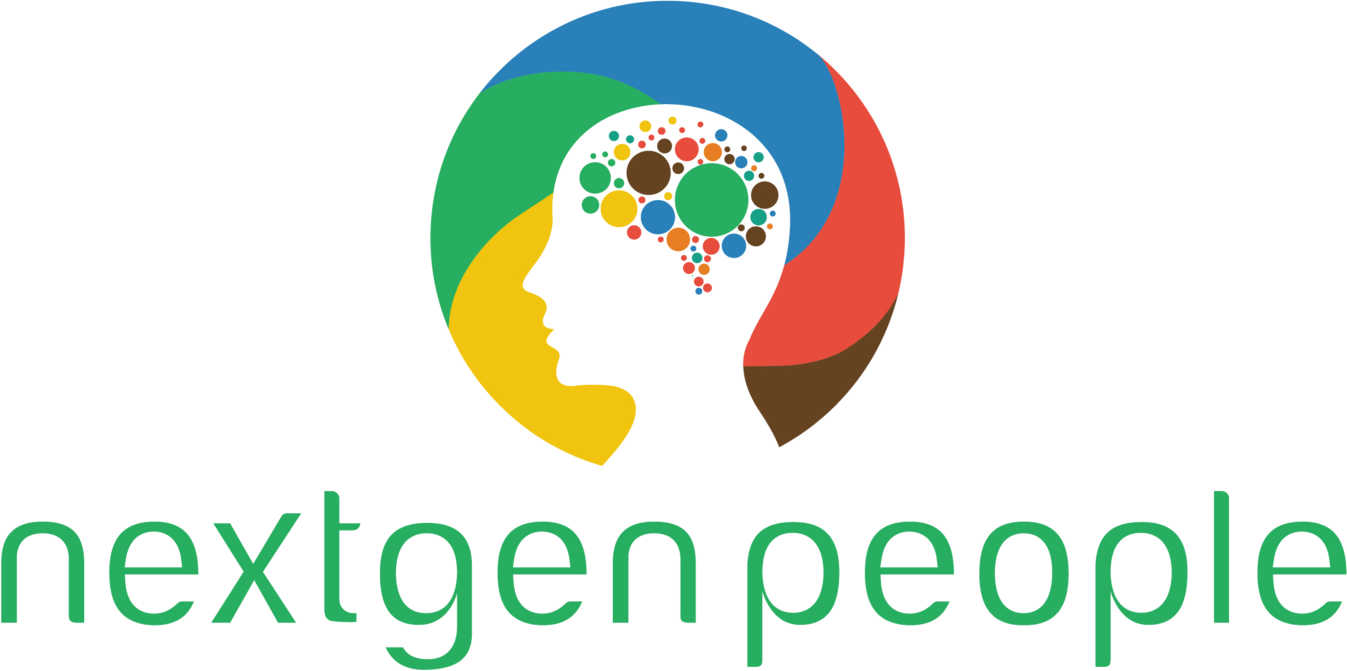
An ability to change starts with an ability for someone to effectively lead change.
Transformation & Change Management Strategy Outcomes
Our comprehensive change management strategy is based on the Prosci methodology. This strategy is designed to help your organization effectively navigate and implement change initiatives, ensuring successful adoption and minimizing resistance. As a certified Prosci Change Management Practitioner, We are committed to supporting your organization in achieving desired outcomes and maximizing the benefits of change.
The Prosci change management strategy will focus on achieving the following objectives:
Strategic Alignment: Aligning the organization's vision, goals, and strategies with the evolving market landscape and emerging opportunities.
Operational Excellence: Improving operational efficiency, effectiveness, and agility through streamlined processes, optimized resources, and the adoption of best practices.
Cultural Transformation: Fostering a culture of innovation, collaboration, and continuous improvement that supports the transformation goals and ensures sustained success.
Change Management: Managing and mitigating resistance to change by employing effective change management strategies and methodologies.
Stakeholder Engagement: Engaging and involving key stakeholders at all levels of the organization to build buy-in, ownership, and support for the transformation journey.
Prosci Transformation/ Change Management Strategy Approach
The proposed transformation initiative will follow a systematic and structured approach, tailored to your organization's unique needs and context. The methodology includes the following components:
1. Current State Assessment:
Conducting a comprehensive assessment of the organization's current state, including business processes, technology landscape, organizational structure, and culture.
Identifying gaps, pain points, and areas of improvement that need to be addressed during the transformation.
2. Vision and Strategy Development:
Facilitating workshops and strategic planning sessions to develop a clear and compelling vision for the future state of the organization.
Defining strategic objectives, priorities, and key performance indicators that align with the vision and drive the transformation journey.
3. Roadmap and Implementation Plan:
Creating a detailed transformation roadmap that outlines the sequence of initiatives, timelines, resource requirements, and dependencies.
Developing an implementation plan that considers change management, communication, and stakeholder engagement strategies.
4. Change Management and Communication:
Implementing a robust change management framework to address the human aspects of change, including stakeholder analysis, communication planning, training, and coaching.
Designing and executing targeted communication campaigns to build awareness, understanding, and support for the transformation initiative.
5. Capability Building and Training:
Identifying skill gaps and developing targeted training programs to enhance the capabilities of employees at all levels, ensuring they have the necessary skills to thrive in the transformed organization.
6. Performance Measurement and Evaluation:
Establishing performance metrics and monitoring mechanisms to measure the progress and impact of the transformation initiative.
Conducting regular evaluations to gather feedback, identify areas for improvement, and make necessary adjustments to the transformation program.
We are confident that the proposed transformation initiative will position your organization for future success, unlock its full potential, and achieve your desired outcomes
